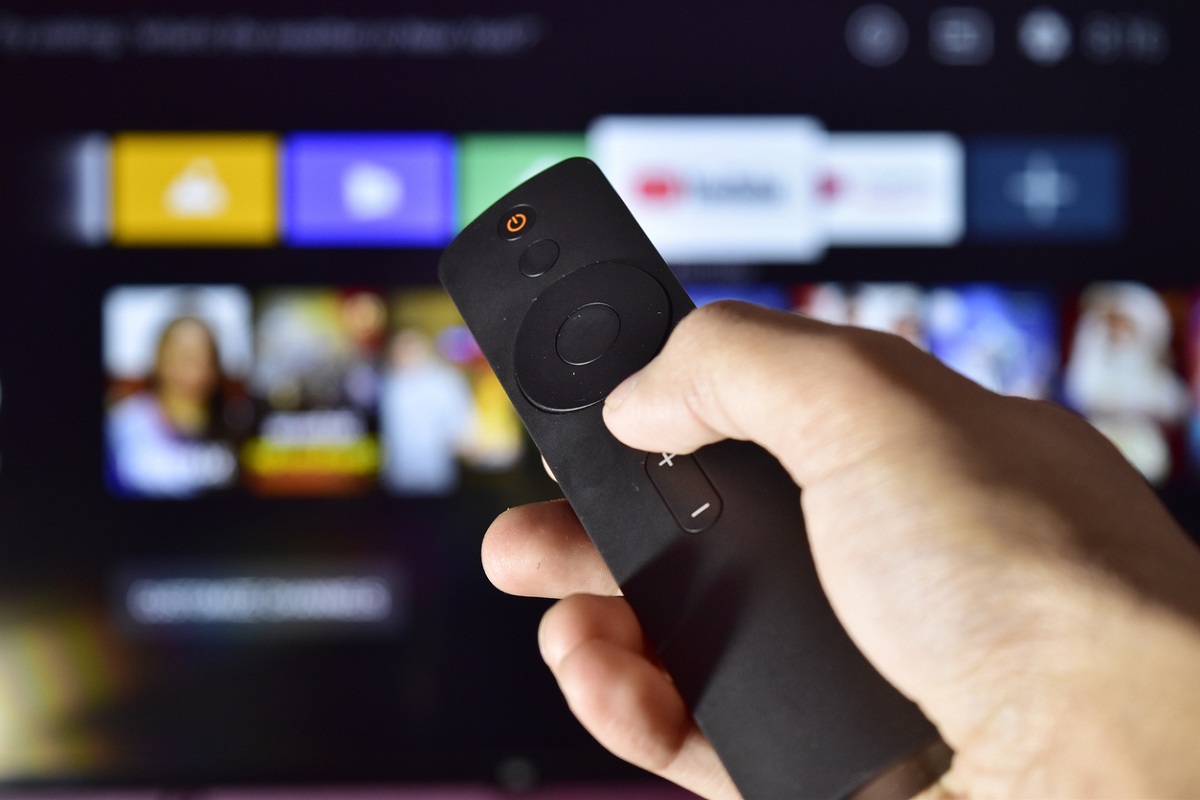Flipkart enables voice assistant to ease buying experince
Flipkart has been at the forefront of building India-first innovations and Video, Vernacular and Voice have been the key pillars of solving for the adoption of e-commerce in India.
“In private or semi-private settings, voice assistants can be used to provide many different services,” said researcher James Moar at Juniper Research.

(Representational Image; Source: iStock)
Spending through voice Assistant-enabled smart TVs will reach nearly $500 million in 2023, a sharp increase from the $126 million expected in 2021, according to a new report.
The growth reflects how voice assistants are becoming context-dependent sales portals, as well as information and control systems, and smart TVs will bring an important visual element to voice assistant purchases, said analysts at the UK-based marketing research firm Juniper Research.
Advertisement
The report noted that although smartphones will remain dominant in terms of usage, other platforms will grow in importance, as the search for digital assistant monetisation continues.
Advertisement
It added that smart TVs will be significant in this, as they can both drive digital media purchases and add visual context to purchases, an element missing from voice-only commerce.
“In private or semi-private settings, voice assistants can be used to provide many different services,” said researcher James Moar at Juniper Research.
“Those contexts can provide much value, but the increasingly inter-device nature of voice assistants will make it difficult for single-device assistants to gain traction with consumers,” he added.
While the tech industry is focused on smart speakers, only 12 percent of households worldwide will have a smart speaker by 2023. By contrast, the study expects 72 percent of smartphones to use voice assistants in the same year.
However, smart home voice assistants encourage more consistent use, and offer more direct monetisation than smartphones, which are more likely to use conventional mCommerce, without voice assistant involvement, the report said.
Despite this, the report noted that the biggest opportunities for voice assistant monetisation are in the broader Internet of Things (IoT) space, where context-dependent commerce and services can be deployed, whether through smart home devices in particular rooms, or the use of automotive voice assistants.
But, with smartphones often used for in-car connectivity, dedicated automotive assistant growth will be slow, with only 27 million expected to see regular use by 2026, the researchers said.
Advertisement